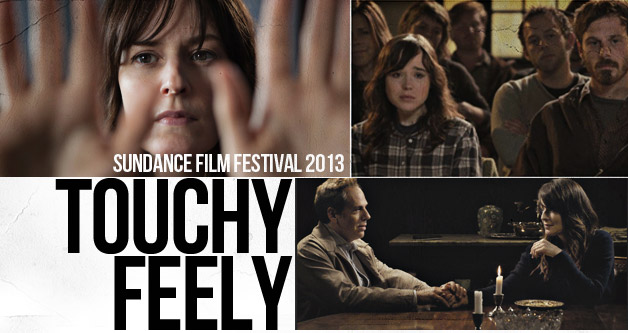
Directors:
Alastair Fothergill, Mark Linfield
Writers: Alastair
Fothergill, Mark Linfield, Don Hahn
Synopsis: Disneynature’s new documentary follows the life of an
energetic yet vulnerable young chimp, Oscar, living deep within the Taï
rainforest.
Introducing children to the
natural world may be a daunting prospect for a parent – it’s full of copious
mating, fights to the death, and often nightmarish imagery. Whilst David
Attenborough’s seminal series of wildlife documentaries are not to be missed,
they are not always toddler-friendly. In response to this Disney have created a
new independent film label – Disneynature – to show the twee aspects of animal
life, as well as some of the perils.
Being a Disney product, Chimpanzee is decorated with many
darling elements, such as bouncy music, funny recordings of animals falling or
hitting one another, and scenes of tenderness. As well as this, they also
introduce a narrative not-so-dissimilar to their animal-led classics such as The Lion King, The Fox and the Hound and The
Jungle Book, with villains roaming and danger lurking. Showing a story
unravel, and having characters and a “plot” to follow will inevitably make this
easier for the little ‘uns; it promotes the basics of story-telling and simplistic
ethics – “acts of evil and good appear like this, or like this”.
The story of the chimpanzee
protagonist, Oscar, was supposed to follow his early life with his mother and
nothing much more. However, mid-way through the shoot Oscar’s mother sadly died
and the filmmakers recorded something miraculous happens – his adoption by the
alpha-male of the group. This is Disney’s serendipitous injection of joy and
hope into the film and it works wonders. Unfortunately, this event happens very
late in the movie and the focus on it is not that extensive. There are a few
moments where Oscar learns different tricks of the trade, and these suffice as
fillers to a quite average chronicle.
We also continually crossover to
the villainous chimp tribe, led by Scar (another discernible Disney reference),
who, when coming into contact with Oscar’s family, can never be told apart.
Without the forbidding score and occasional displays of rage, there is a lack
of tension. Perhaps it’s diluted due to the documentary’s demographic but it’s
certainly short of the drama in their fictitious films. Having some
disequilibrium is required and welcomed, though better execution of such scenes
could have improved the momentum.
Overall, it runs for the correct
amount of time, especially with regard to the kids’ attention-span. For the
adults it impresses with some often astounding cinematography (centred on the
landscape and wildlife rather than the chimps) and the odd funny quip from
narrator Tim Allen. It’s a loving portrait of an innocent animal and a
relatively-new side to Disney that leaves their next venture, Bears, something to look forward to.
By Piers McCarthy. Also posted on Flickering Myth

